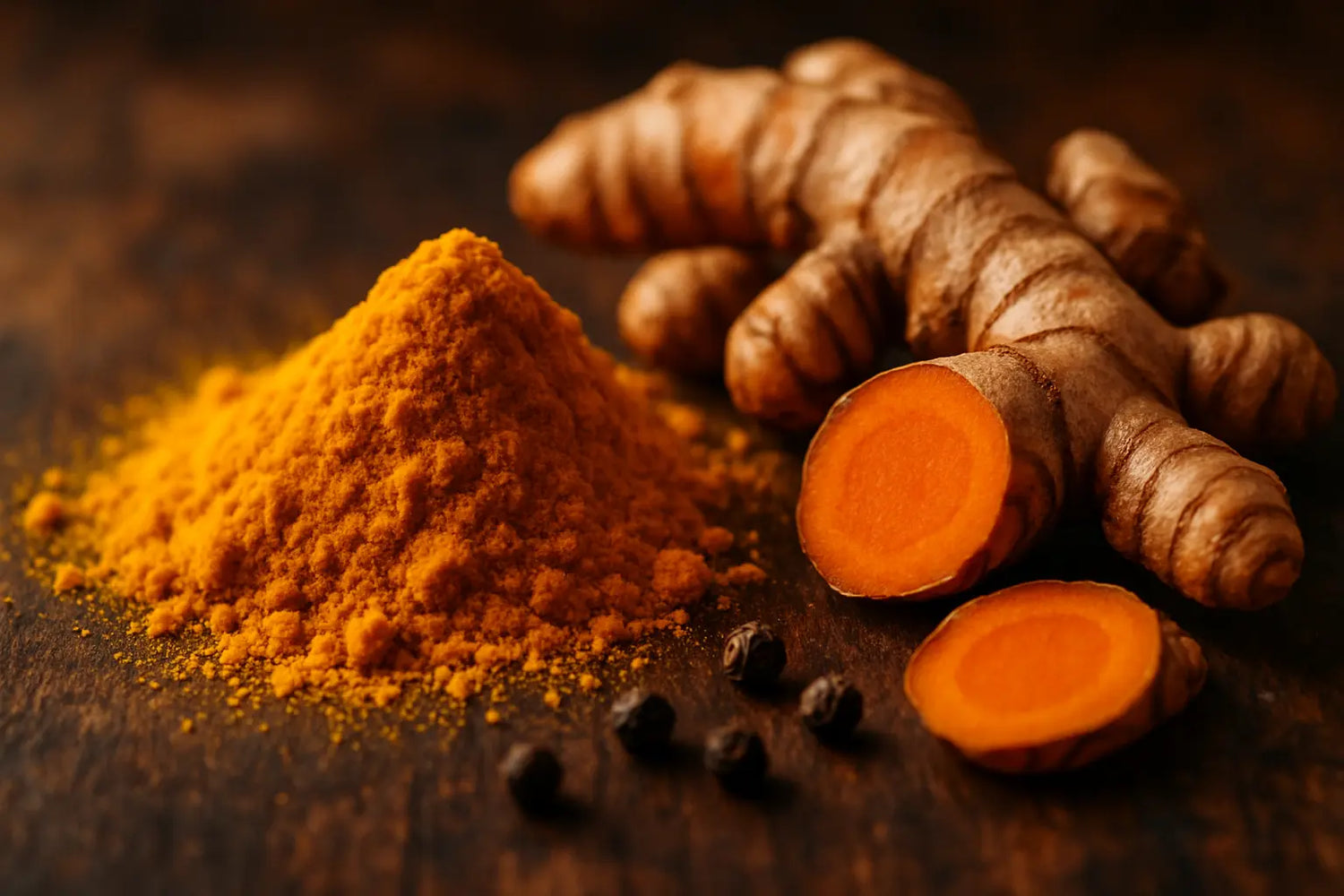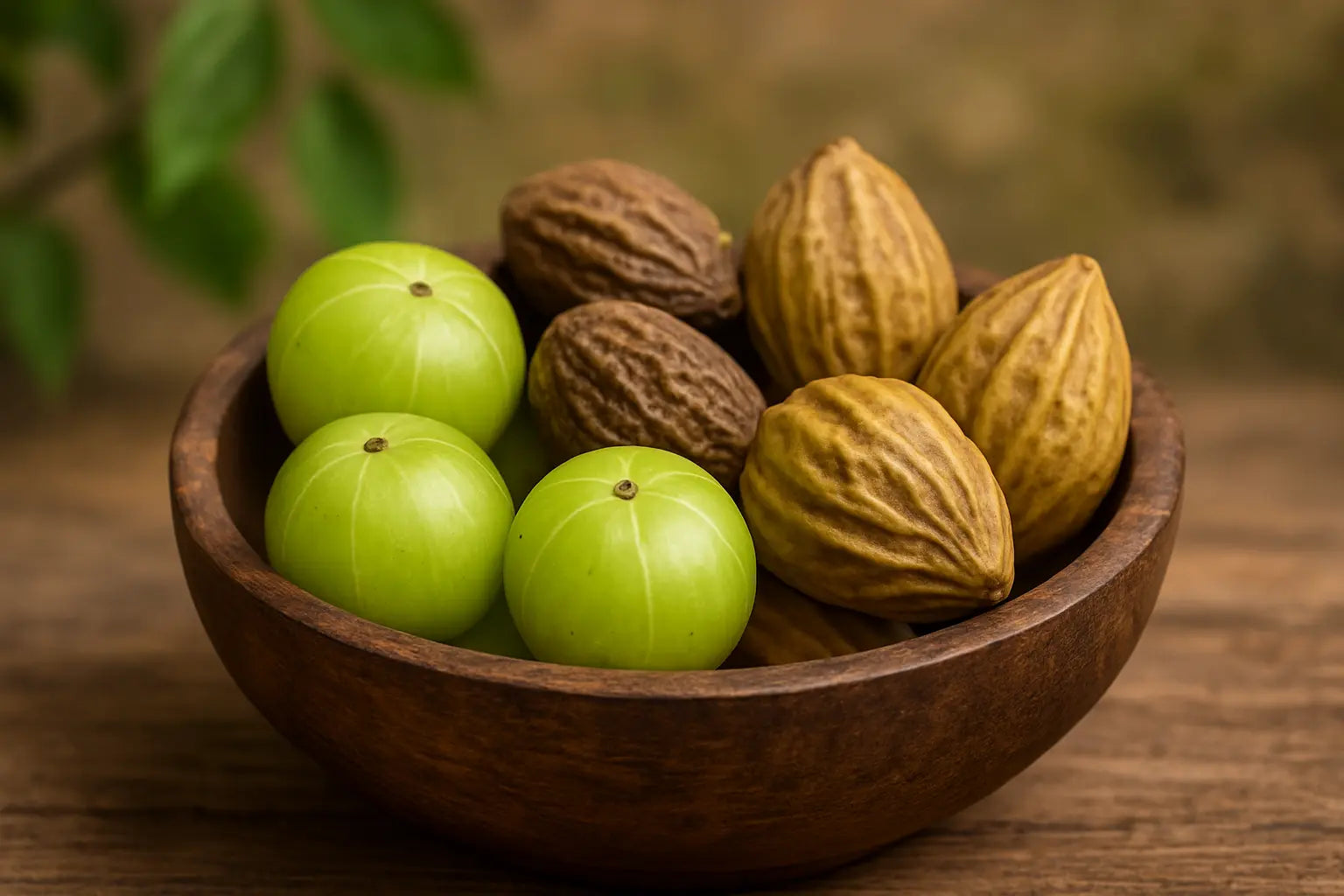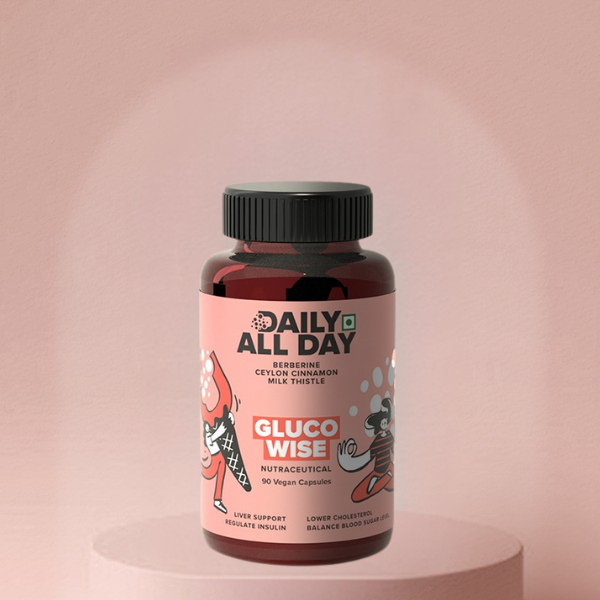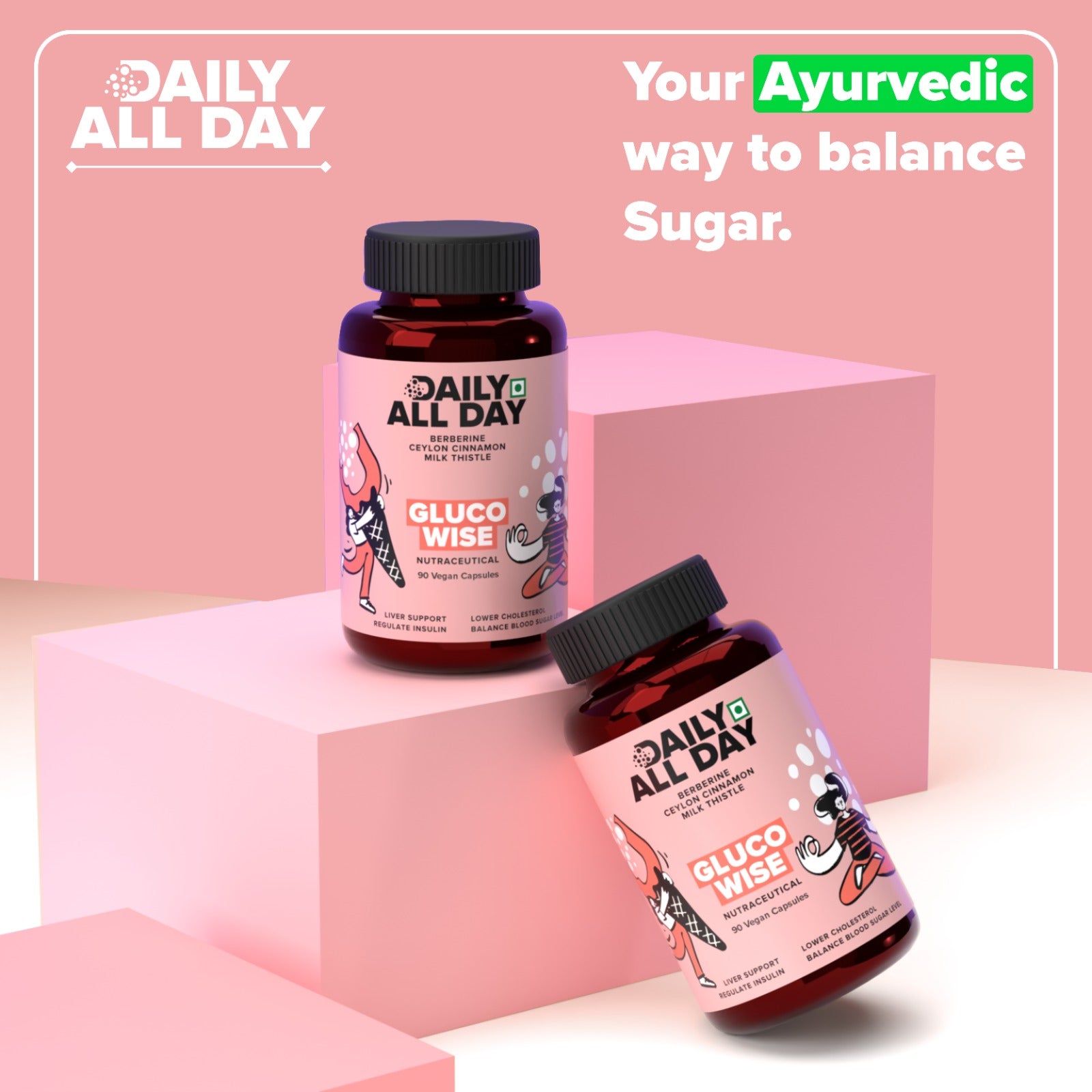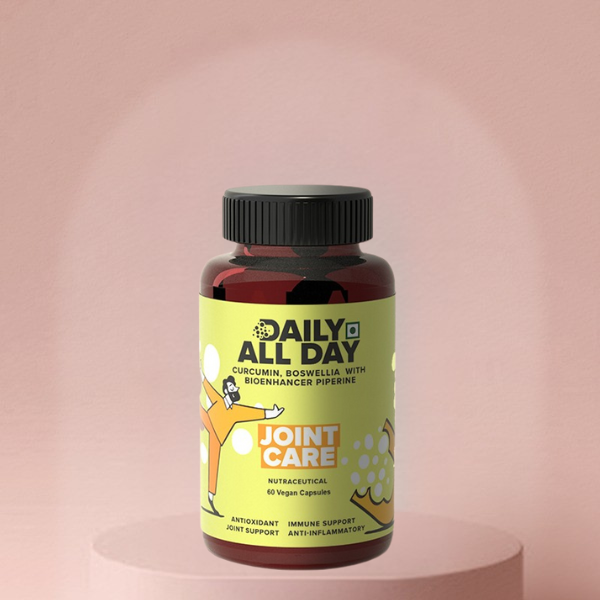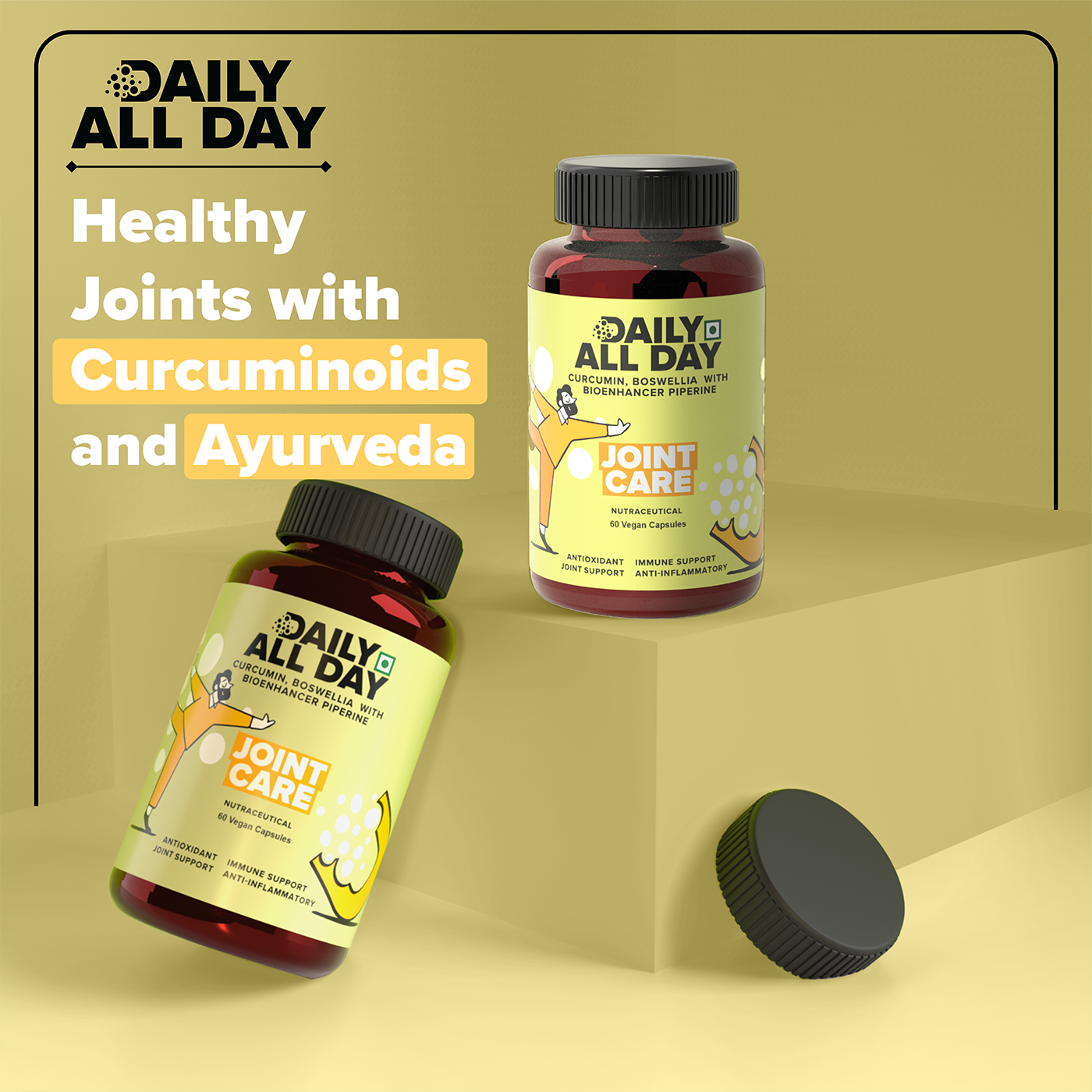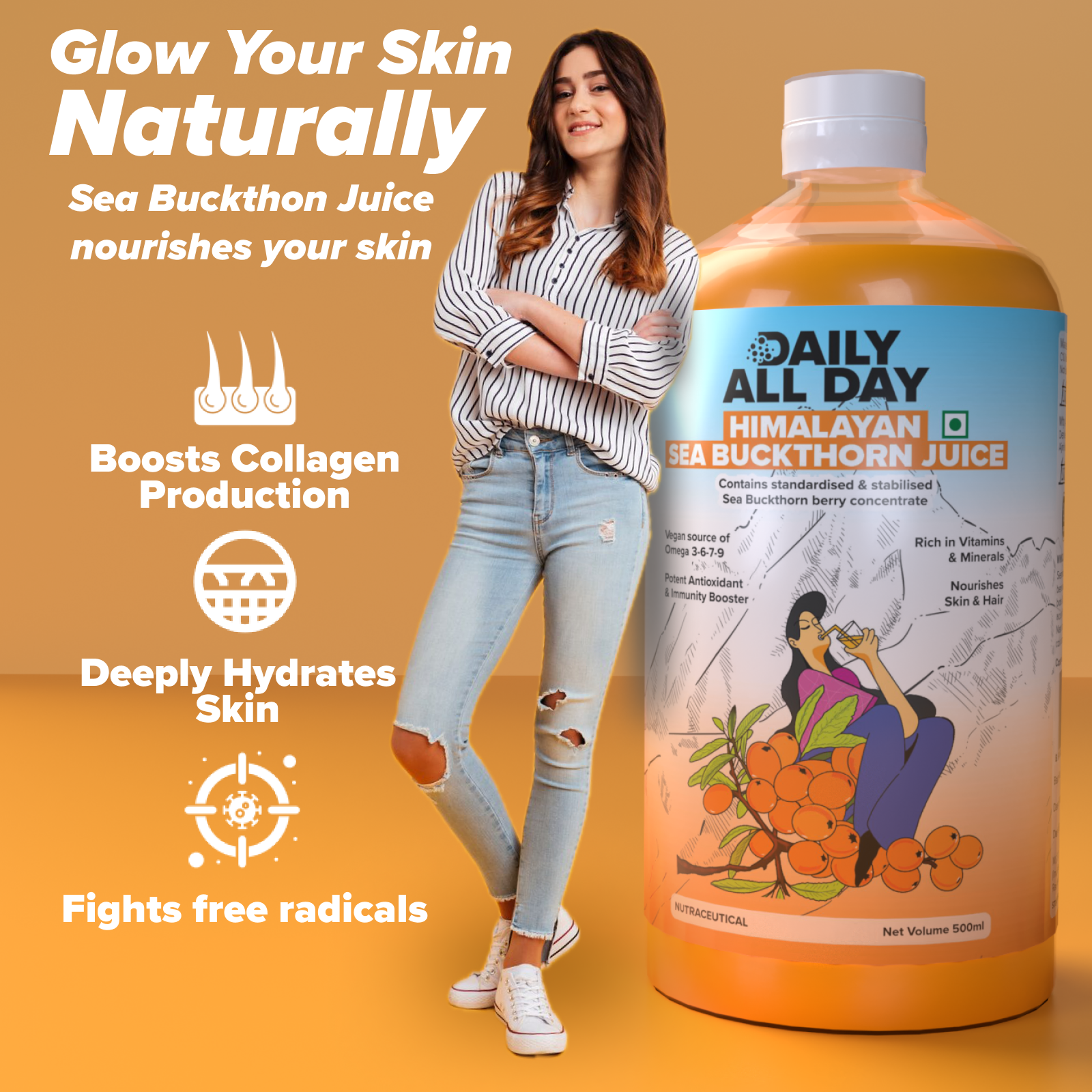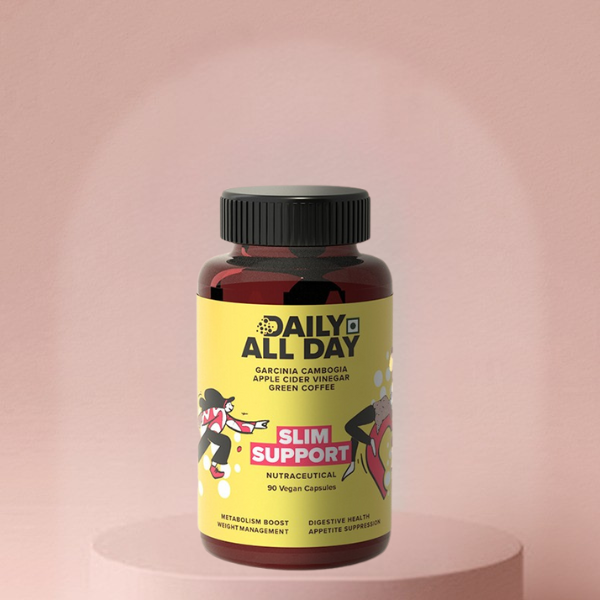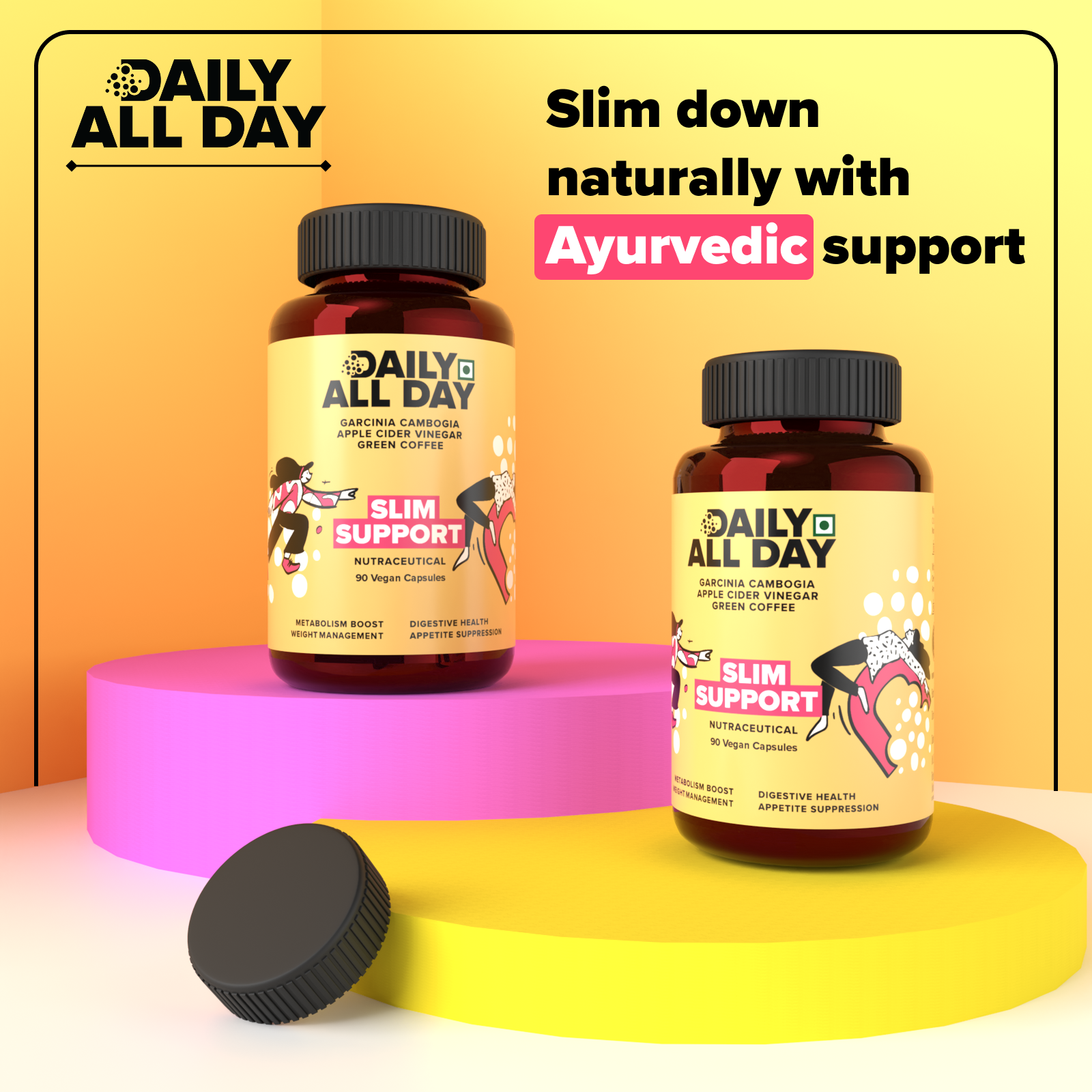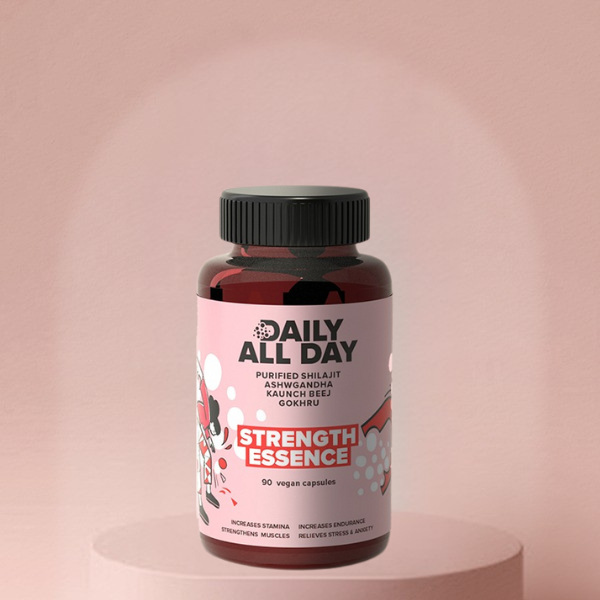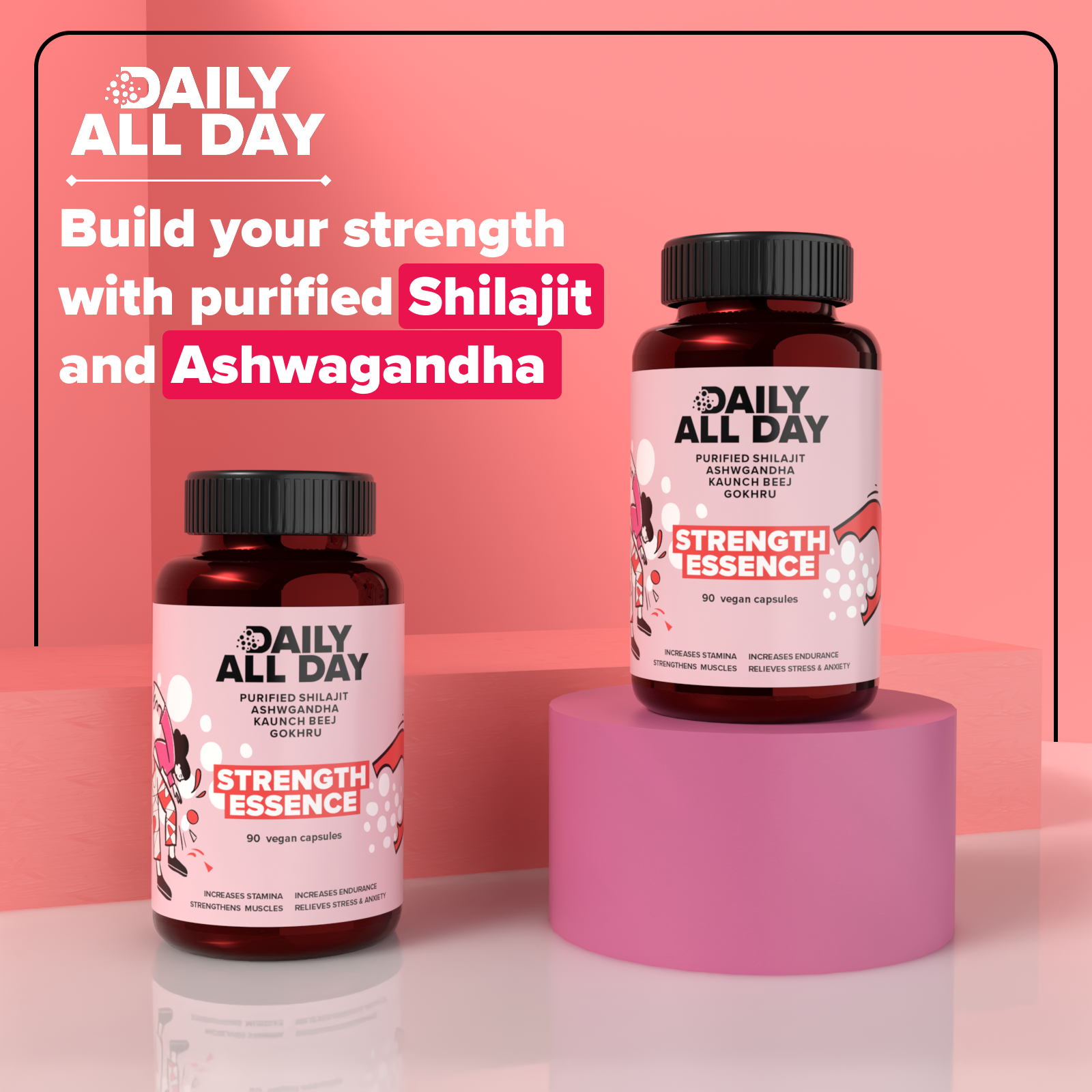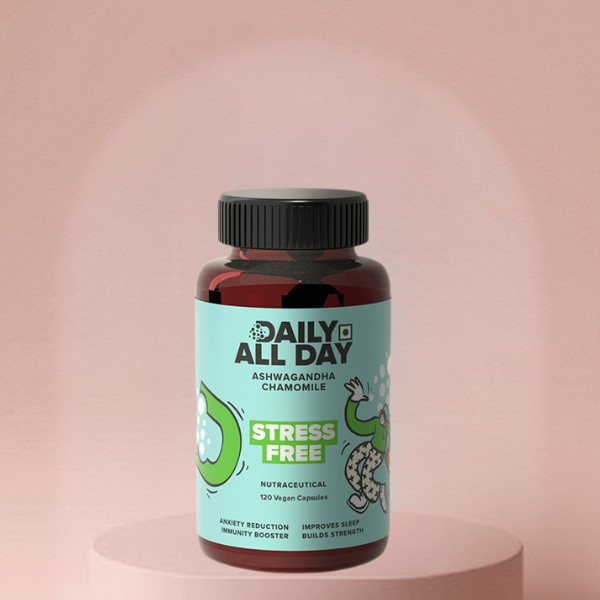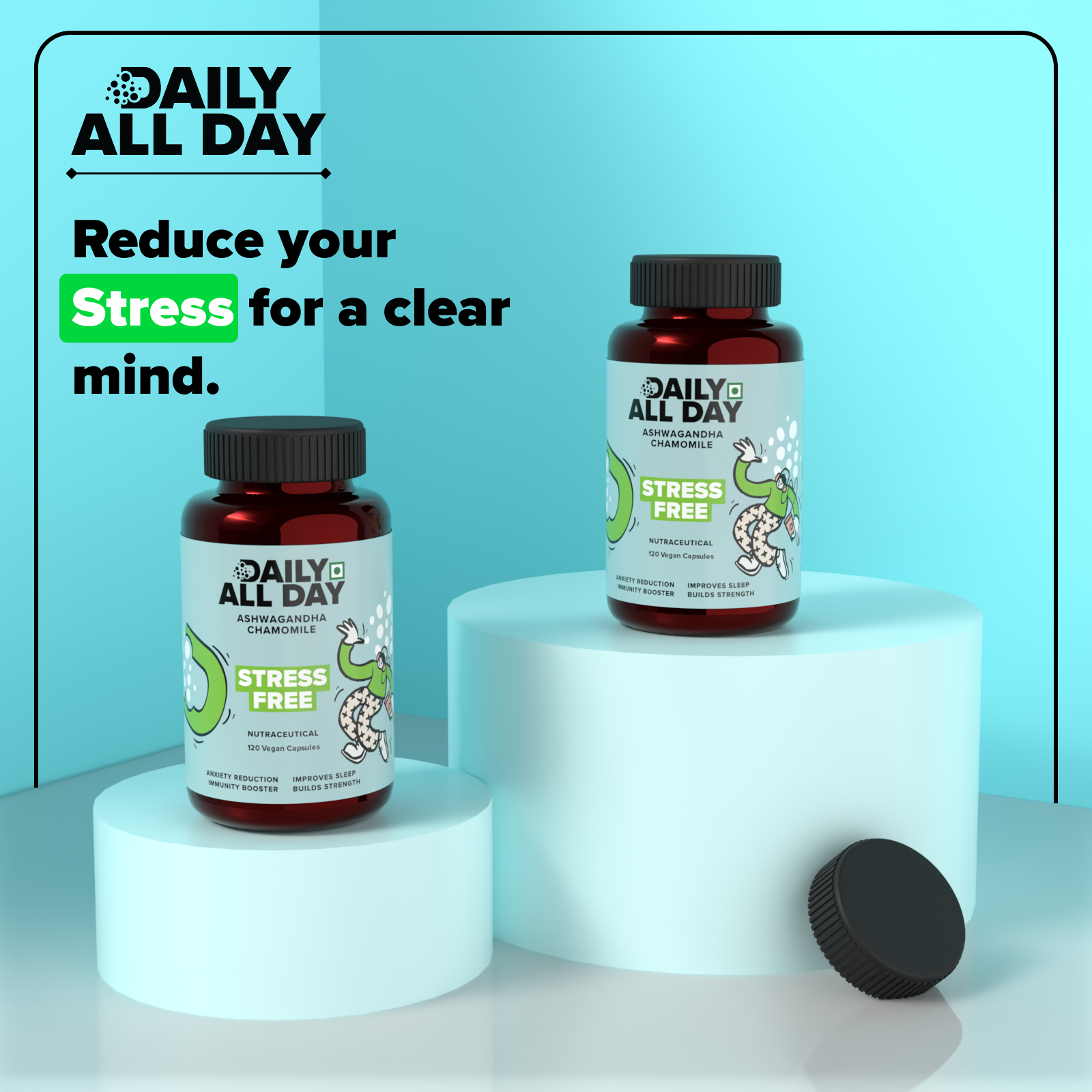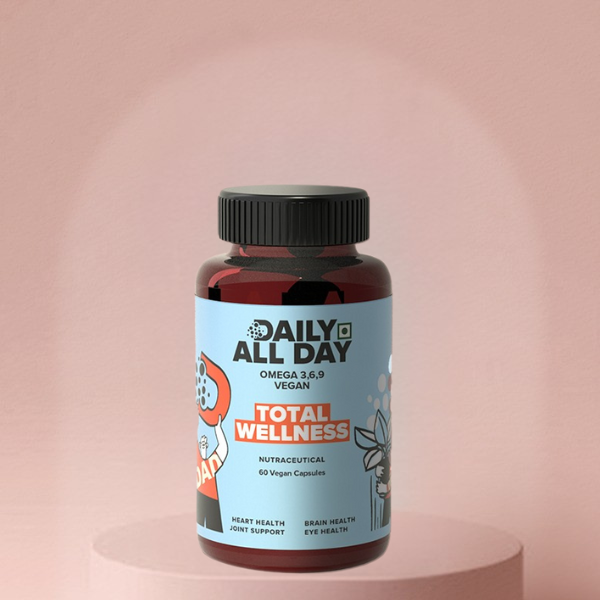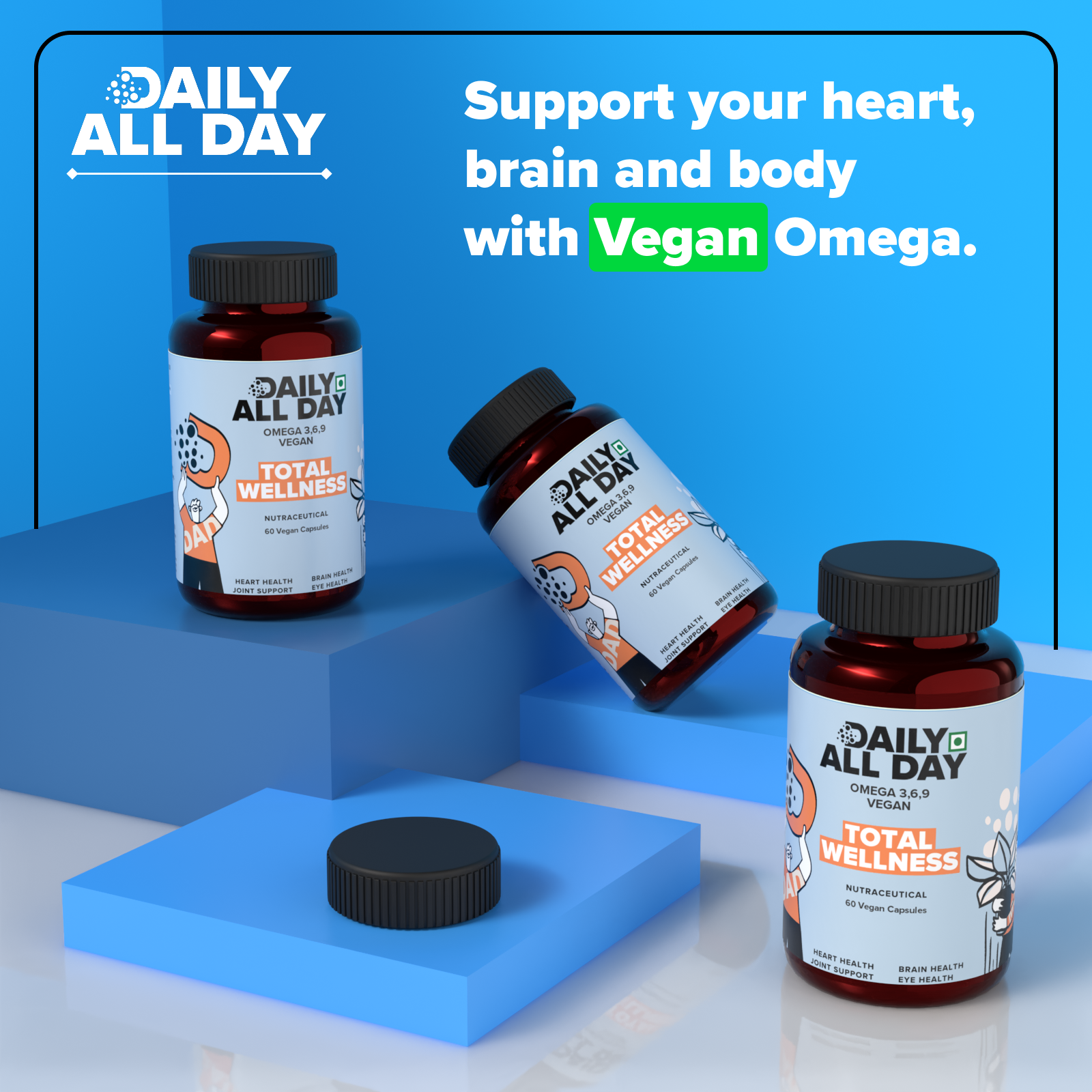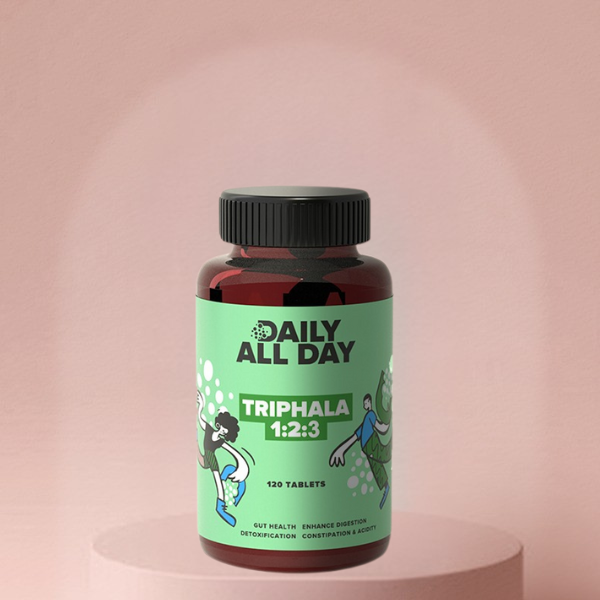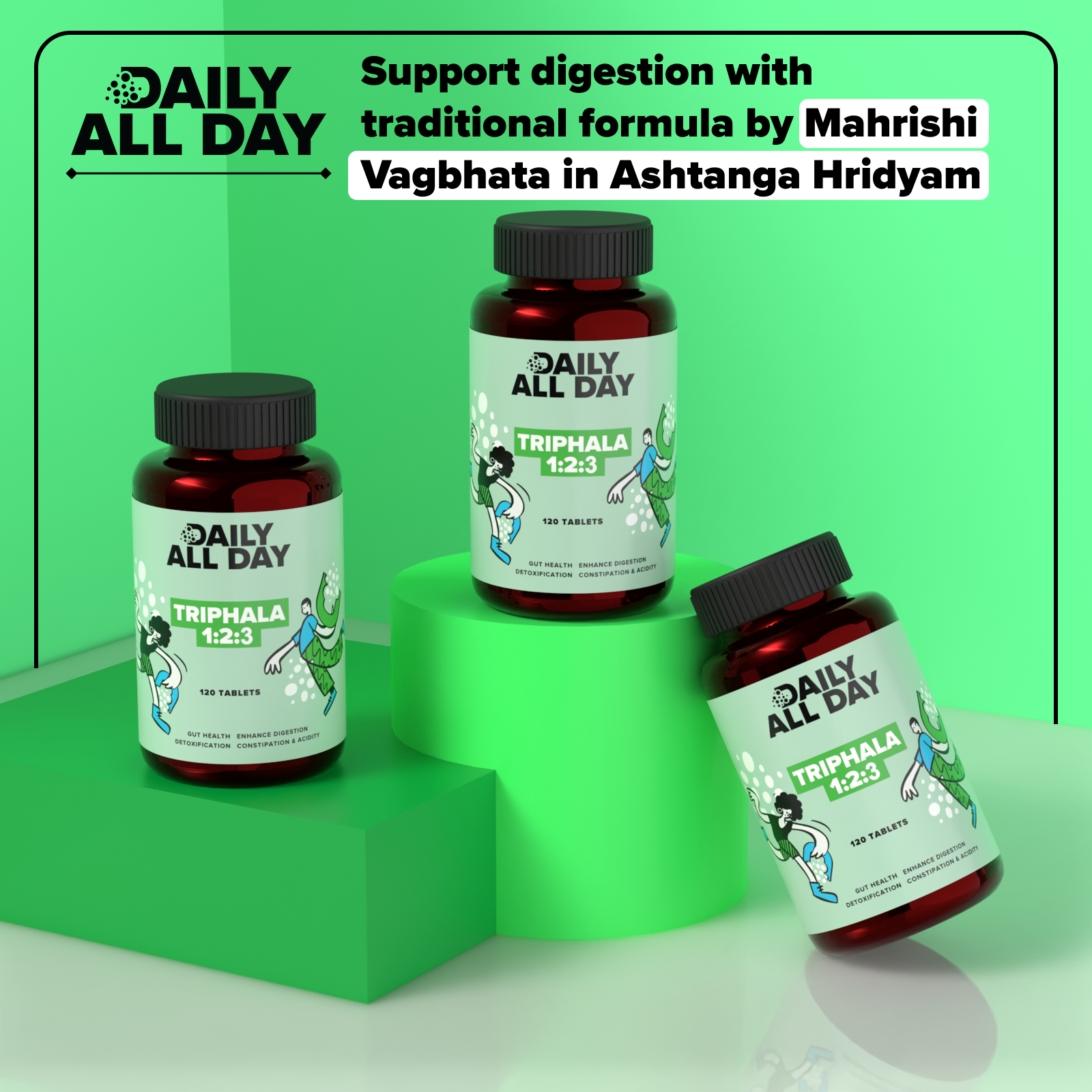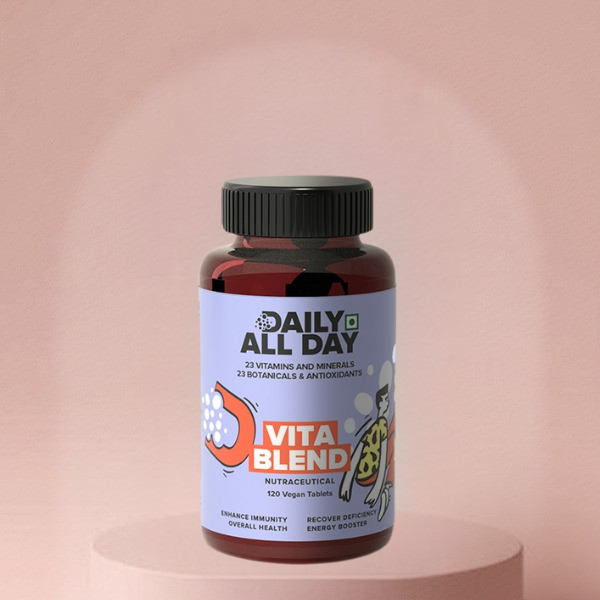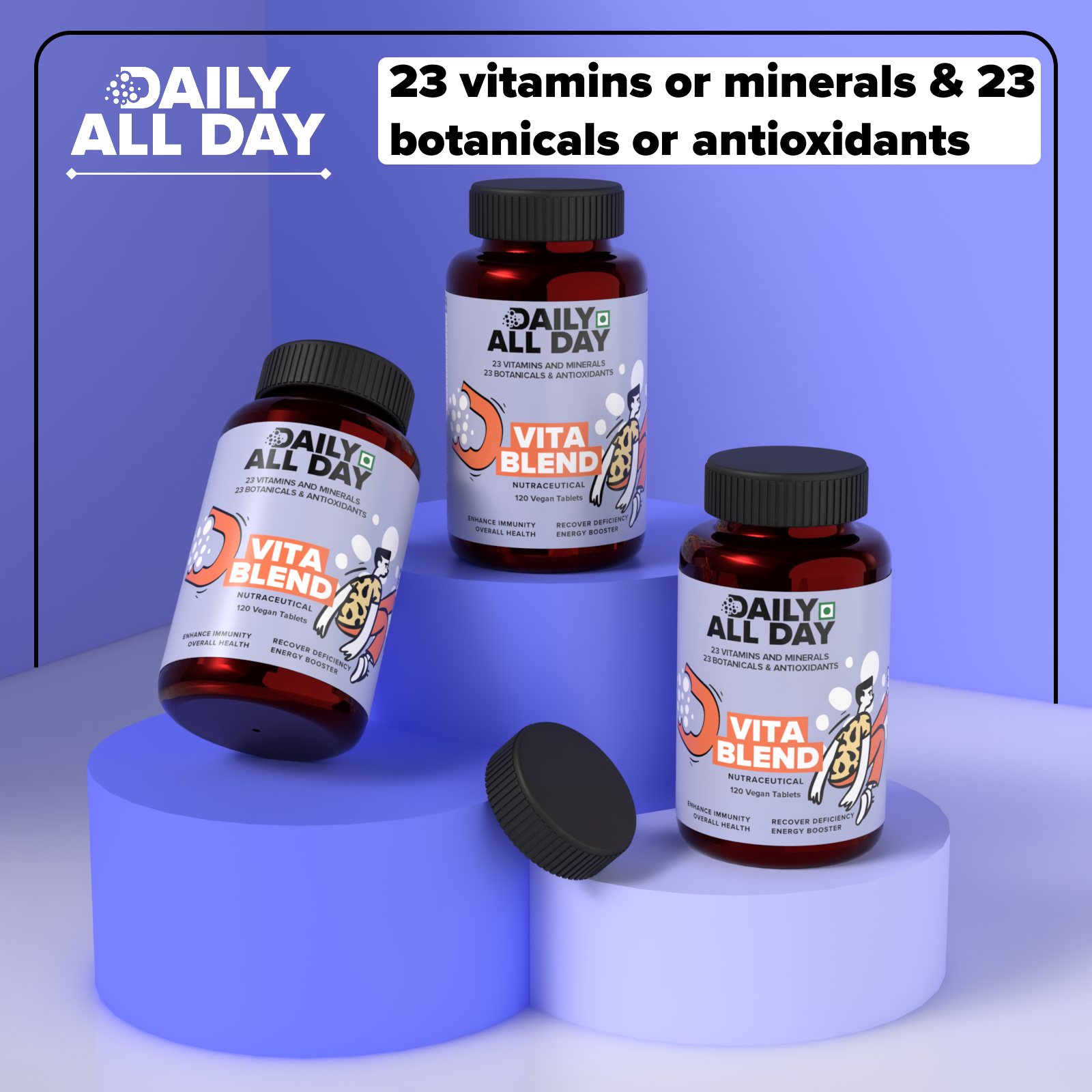Ever stared into your kitchen spice rack and wondered about that bright, almost fluorescent yellow powder? You know the one. It’s turmeric. For many of us, it’s just the stuff that gives curry its signature color. But what if I told you that this humble spice holds secrets to better health that have been known for thousands of years? The incredible benefits of turmeric go far beyond the kitchen, and it’s time to shine a light on this golden wonder.
Imagine a natural ingredient so powerful it can help soothe your body from the inside out, protect your cells from damage, and even give your brain a little boost. That’s turmeric for you. Let's peel back the layers of this ancient root and discover the science-backed magic it holds.
Table of Contents
- What Exactly Is Turmeric?
- Ingredients Deep Dive: The Secret Agent, Curcumin
- Top 5 Health Benefits of Turmeric and Curcumin
- How to Use Turmeric for Maximum Benefits
- Hot Questions on Turmeric Answered (Quora Style)
- Frequently Asked Questions
What Exactly Is Turmeric?
Turmeric is a plant that looks a lot like ginger. It's a root, or 'rhizome,' and when you peel it, it has a bright orange-yellow flesh. For centuries, it has been a cornerstone of Ayurvedic medicine, an ancient Indian system of natural healing. People used it for everything from breathing problems to joint pain.
When it's dried and ground up, it becomes the fine yellow powder we all recognize. But the real magic isn’t in the color or the taste; it’s in the powerful compounds hiding inside it.
Ingredients Deep Dive: The Secret Agent, Curcumin
The main active ingredient in turmeric is called curcumin. Think of turmeric as the whole team, and curcumin as the star player. Curcumin is what gives turmeric its powerful anti-inflammatory and antioxidant properties. It's the component that scientists get really excited about.
However, there's a small catch. The amount of curcumin in turmeric powder is not very high—it's around 3% by weight. So, while adding turmeric to your food is great, to get a really effective dose of curcumin, many people turn to extracts or supplements that contain a much higher concentration.
Top 5 Health Benefits of Turmeric and Curcumin
So, what can this star player, curcumin, actually do for you? Let's break down some of the most impressive, science-backed benefits.
1. It's a Natural Anti-Inflammatory
Inflammation is your body's natural defense system. When you get a cut, it gets red and swollen—that's inflammation at work, helping you heal. This is good! But sometimes, inflammation sticks around long-term, even when there's no injury. This is called chronic inflammation, and it’s linked to many major health issues.
Curcumin is a powerful anti-inflammatory. It works at a molecular level to block some of the signals in your body that trigger inflammation. It's so effective that some studies have compared it to anti-inflammatory drugs, but without the side effects.
2. It's an Antioxidant Powerhouse
Every day, our bodies are exposed to things called free radicals. They come from pollution, junk food, and even just normal body processes. Too many free radicals can damage our cells, leading to aging and health problems. This damage is called oxidative stress.
Antioxidants are our heroes in this story. They neutralize free radicals, protecting our cells from harm. Curcumin is a potent antioxidant that can:
- Neutralize free radicals on its own.
- Boost your body's own antioxidant enzymes, helping your body defend itself better.
3. It Boosts Brain Function
Your brain is an amazing organ, and it has its own growth hormone called Brain-Derived Neurotrophic Factor (BDNF). This little protein helps your brain cells (neurons) survive and form new connections. Many common brain disorders have been linked to decreased levels of BDNF.
Here's the cool part: studies suggest that curcumin can increase brain levels of BDNF! This could potentially help delay or even reverse age-related brain decline. It might also improve memory and make you 'smarter'—though more research is needed to be sure.
4. It May Lower Your Risk of Heart Disease
Heart disease is the number one cause of death in the world. Curcumin can help protect your heart in several ways. Its main benefit for heart health is improving the function of the endothelium, which is the lining of your blood vessels.
A healthy endothelium is crucial for regulating blood pressure and blood clotting. When it's not working well, it's a major driver of heart disease. Curcumin's anti-inflammatory and antioxidant properties also play a huge role in keeping your heart protected.
5. It Can Help Your Skin Glow
Because of its anti-inflammatory, antimicrobial, and antioxidant properties, turmeric can be a great friend to your skin. It can help calm conditions like acne and eczema and may even help wounds heal faster. Some people use it in face masks to help reduce redness and brighten their complexion for a natural glow.
How to Use Turmeric for Maximum Benefits
Okay, so you're sold on the benefits. How do you get more of this golden spice into your life?
- Cook with it: Add it to curries, soups, roasted vegetables, and rice dishes.
- Make Golden Milk: This is a warm, comforting drink made by simmering milk (or a non-dairy alternative) with turmeric, a pinch of black pepper, and other spices like cinnamon or ginger.
- Add it to Smoothies: A small amount can blend right into your morning smoothie without changing the taste too much.
The Golden Rule: Add Black Pepper!
Remember how we said curcumin is the star player? Well, it has one weakness: it’s not easily absorbed by our bodies. Most of it gets metabolized before it can do its job.
But there’s a simple trick! Adding a little black pepper can solve this problem. Black pepper contains a compound called piperine, which can increase the absorption of curcumin by a whopping 2,000%! So, whenever you use turmeric, make sure to add a pinch of freshly ground black pepper.
Hot Questions on Turmeric Answered (Quora Style)
We browsed platforms like Quora to find what you're really asking about turmeric. Here are some quick, no-fluff answers.
1. Is it okay to take turmeric every day?
- Yes, for most people, taking turmeric every day in culinary doses (like in food) is perfectly safe and beneficial.
- If you are taking a high-dose curcumin supplement, it's a good idea to chat with a doctor, especially if you have other health conditions or are on medication.
- You can read more about daily supplementation here.
2. What's the real difference between turmeric and curcumin supplements?
- Turmeric is the whole spice. It contains curcumin, but also hundreds of other compounds.
- Curcumin supplements are extracts. They isolate the curcumin to provide a much higher, more potent dose than you could get from just eating turmeric powder.
- Think of it like this: eating an orange vs. taking a Vitamin C tablet. Both are good, but the tablet gives you a concentrated dose of one specific nutrient.
- Check out a detailed discussion on Quora here.
3. Can turmeric help with joint pain?
- Because of its powerful anti-inflammatory properties, many people find that turmeric helps relieve symptoms of arthritis and general joint pain.
- Several studies have shown that curcumin can be as effective as some anti-inflammatory drugs for people with arthritis.
- It helps reduce the pain and stiffness associated with joint stress and inflammation.
- Dive deeper into the topic here.
Frequently Asked Questions
- 1. How much turmeric should I take daily?
- - For general health, cooking with 1-3 grams (about 1/2 to 1.5 teaspoons) of turmeric powder per day is a great start. For more targeted therapeutic effects, curcumin supplements are often taken in doses of 500-1,000 mg per day. Always follow the product's instructions or consult a healthcare professional.
- 2. Are there any side effects of taking turmeric?
- - Turmeric is generally very safe. However, in very high doses, it can cause some mild side effects like an upset stomach, nausea, or dizziness. People with gallbladder problems, bleeding disorders, or those who are pregnant should be cautious and speak to a doctor before taking supplements.
- 3. Can I just eat more curry to get the benefits?
- - Eating more curry is delicious and will certainly contribute to your turmeric intake! However, the amount of curcumin you'd get is relatively small and may not be enough for a significant therapeutic effect. For that, a concentrated supplement is often more effective.
- 4. When is the best time to take a turmeric supplement?
- - It's often recommended to take turmeric/curcumin supplements with a meal that contains some fat. Curcumin is fat-soluble, which means it absorbs better when consumed with fats. Taking it with food can also prevent any potential stomach upset.
- 5. How long does it take to see the benefits of turmeric?
- - It depends on the person and the reason for taking it. For reducing chronic inflammation, it may take a few weeks to a couple of months of consistent use to notice a significant difference. The benefits are cumulative, so consistency is key!

So, what's the final word on turmeric? It's more than just a pretty spice that makes your curry yellow. Hidden inside this golden root is curcumin, a powerhouse compound with some serious health credentials. We've journeyed through its incredible ability to act as a natural anti-inflammatory, fighting off the kind of chronic irritation that can lead to bigger health problems down the line. We've seen how it works as a potent antioxidant, protecting your body's cells from damage like a trusty shield.
From boosting your brainpower and keeping your heart happy to even giving your skin a healthy glow, the benefits are hard to ignore. Remember the golden rule: always pair turmeric with a pinch of black pepper. That tiny addition of piperine is the secret key that unlocks curcumin's full potential, making sure your body can actually absorb all the goodness.
Whether you choose to sprinkle it on your food, sip it in a warm cup of golden milk, or consider a supplement for a more concentrated dose, adding turmeric to your life is a simple, effective step towards better health. It’s a perfect example of how sometimes, the most powerful medicine can be found right in our kitchen spice rack, waiting to be rediscovered.

